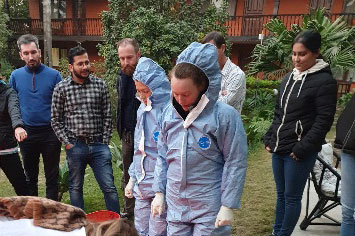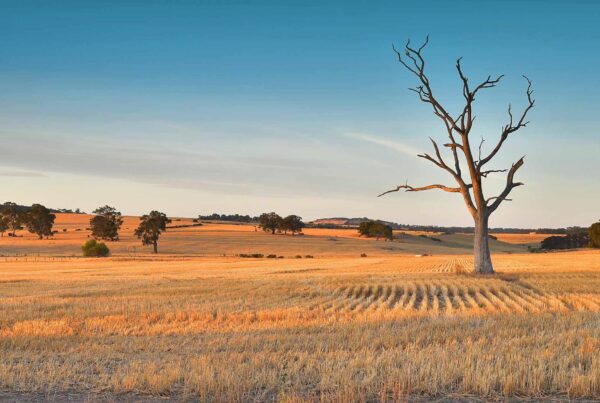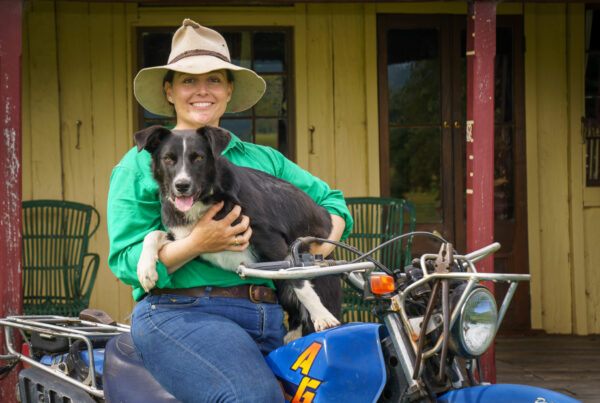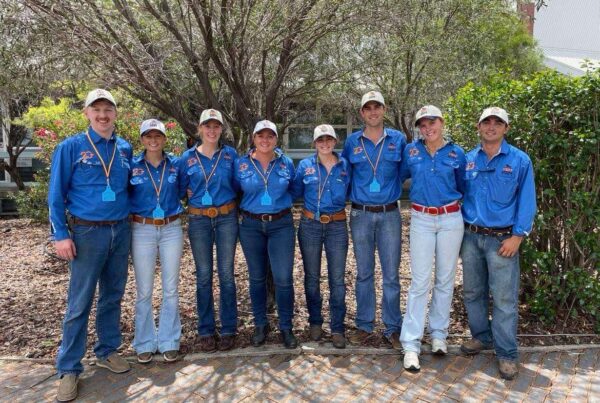Future Farmers Network member and South Australian Dairy Productivity Consultant Mikaela Baker travelled to Nepal in November to participate in the EuFMD Foot and Mouth Disease Real Time Training program, thanks for the Australian Goverment and FFN! Here’s what she got up to.

On Monday 2nd, November 2019 I began the EuFMD Foot and Mouth real-time training program in Kathmandu, Nepal. Our group included Kari, another recipient of the FFN scholarship and a number of other brilliant participants including advisors, vets, researchers and government employees to develop our knowledge and network, all with the goal of bringing back valuable information to our communities, and sharing our knowledge to help Nepal.
Working with the Nepalese foot & mouth team, we learnt how they have extended their reach to many of the 276 municipal councils and have actioned extensive plans to accomplish the FMD Progessive Control Pathway (PCP-FMD) developed by FAO and EuFMD. With 66% of the population engaged in agriculture, and livestock at the heart of the Nepalese culture through food, income and use in farm management and transport, it was a great insight to all the aspects involved in understanding and preventing an outbreak in both local villages internationally and home communities in Australia.
After a number of training days looking at epidemiology, the cultural implications and considerations of management and biosecurity, we had the opportunity of visiting two villages that had been affected by FMD and engaging with the farmers.
Animal agriculture is an integral component of village survival, for both agronomic purposes and food security. The Nepalese are beautiful and sociable people, they spend a lot of time visiting friends and have communal animals that are shared around, however this creates many implications in biosecurity. Not completely uncommon at home in Australia, where bulls or rams are also shared, along with our love of visiting other farms for tours and social catchups.
Through vising the villages we had real time training in the preparation of visiting potentially ineffective farms, important in reducing further spread of the disease, identifying the ways the disease can spread and important questions to ask when there is a suspected outbreak to backtrack to the original source and forecast potential spread to have the ability to stop it.
The ability to collect data and identify key threats to further spread of infection provided valuable insight into how easily a disease as devastating as FMD could be become epidemic. In a group, we spent time brainstorming the highest risk areas in Australia and analysing our country’s approach to managing the situation and getting the FMD free status reclaimed if an outbreak were to occur.
Some of the major findings surrounded education. Many farming communities had not been aware of the disease or how to prevent it. Preventing infection and spread is a community and country approach, to have robust boarders it is vital that everyone involved in coming and going from these places were informed. The primary take home for me was how important this is locally in Australia, and not only for FMD but for all diseases.
There is a lot that we can do locally to reduce risk of disease spread between farms and even on our farm between groups of animals. Being conscious that each time we go to another farm, there is a risk of taking a disease with us. Additionally, the importance of understanding vaccine efficacy and how to use preventative drugs is the difference between being protected and being at risk.








